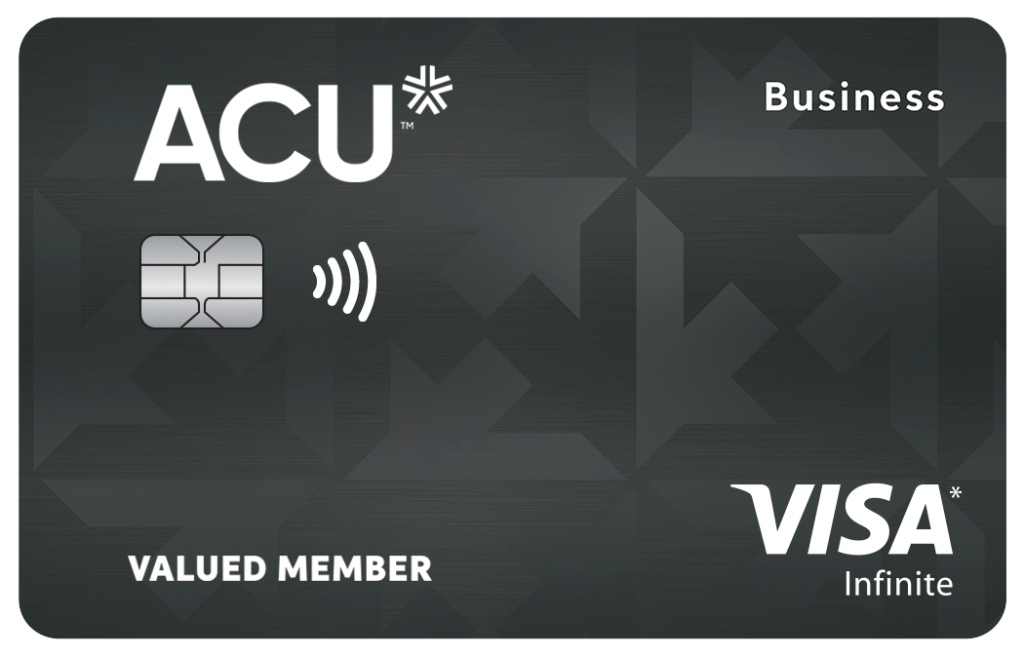Getting the right loan for your business
Small business owners have more ways to access credit than ever before—but it can get overwhelming if you’re not sure how to compare the options and find your solution.

With greater choice comes greater confusion, but no matter the situation you face, there are common funding options available that can help you get to the next level. And with a variety of lenders to choose from, it’s important to find the right match for your business needs.
Getting the right loan: The robust commercial loan
If you have a high beacon score—your business credit score—and sufficient assets for collateral, you’re likely to have a successful application with most commercial lenders.
However, you should be wary of lenders whose approach is designed to make the process more efficient for the lender, not the borrower. They tend to reject many entrepreneurs because of their personal credit scores or low personal assets, even if their business has a good chance of being successful. And since this lending decision isn’t based on the financial feasibility of your business, it also won’t flag any potential issues that should be addressed before taking out business loans and lines of credit.

Good lenders dig much deeper. They’ll want to see your business plan, financial statements, cash flow and other proof of the viability of your business. Their credit decisions are based on the likelihood of your business being successful, and involve a level of scrutiny more likely to uncover fundamental issues that need to be resolved before undertaking a debt. They will also use that information to provide advice to help guide your business decisions.

Related: What small businesses should expect from their financial institution
ACU offers local borrowing advantages

Many lenders, including some of the big banks, make their decisions centrally. This central location might be in another city or even another province, and they may not take into consideration factors that are unique to borrowers’ local economic environments.
On the flip side, other financial institutions make their lending decisions locally, either in-branch or in the same city. They typically consider the local economy and other challenges that may only be appreciated close to home, which can be a big benefit to your business.

“Although we’re not as large as the major banks, we understand what’s happening here in Manitoba. It helps us create specific programs tailored to local Manitobans and their needs,” says Glorife Dela Cruz, Commercial Account Manager and Small Business Specialist at Assiniboine Credit Union’s Community Financial Centre (CFC).
Besides having a deep understanding of the regional market—such as economic conditions, property tax considerations, bylaws and zoning rules—a lender that’s nearby can offer other advantages as well.

“Local lenders are physically accessible because you can visit their branches or offices or have a meeting at your place of business. So you can have face-to-face meetings with loan officers and easily reach out for assistance,” notes Palwinder Singh, who is also a Commercial Account Manager and Small Business Specialist at CFC.
All of these factors may result in quicker turnaround for a business loan, speeding up the entire lending process.
Different loan options for different needs
Some entrepreneurs believe certain loans, such as a line of credit, will work for them no matter why they need funds. However, certain types of loans are more suitable to each unique situation. Some are not designed to build assets, while others are not suited to short-term operating needs.

These are the most popular loan types and what they may be best suited for:
Term loans: A term loan has a fixed term of repayment that reduces your liabilities over a set period of time. This loan is ideal for large purchases or expenses that grow your assets.

“Term loans are typically offered if the borrower is purchasing equipment or completing leasehold improvements,” says Charity Allen, a Commercial Account Manager and Small Business Specialist at CFC.
Leasehold improvements are renovations that must be done to a leased commercial space in order to make it suitable for your business, such as installing shelving, reconfiguring office spaces or installing special machinery.
Commercial mortgages: Similar to term loans, mortgages are ideal for buying your commercial property because interest and principal are paid off regularly—often offered on longer repayment periods (amortization) and with a lower fixed interest rate than a term loan. With a commercial mortgage, your asset is expected to constantly appreciate in value while your liabilities are reduced.
Lines of credit: These are designed to provide short-term boosts to your company’s cash flow. They are suitable for paying for daily operating costs or covering payroll until your receivables come in. Ideally, this loan should be used as a ‘revolving’ facility reducing to zero every month so that you minimize the amount of interest you pay.
“We usually advise an ACU member to complete one full year of business before proceeding towards a line of credit,” says Palwinder. “Once we have more understanding of the business after that first year, including average and seasonal accounts receivable levels, we can analyze the funds required to meet day-to-day activities and make our line of credit recommendations accordingly.”

Read: Follow these ‘5 Cs’ when applying for a business loan
Did you know Assiniboine Credit Union offers business credit cards?
Manage your business expenses, make purchases, and let your business grow with a business credit card that works for you.

ACU’s Community Financial Centre: Getting help to secure the right loan for your business
A financial institution that is dedicated to your business’ success should be committed to providing you with the right kind of financing.
ACU is the only Manitoba financial institution to be a B CorpTM. We join a global movement of using business as a force for good. Feel good that you are doing business with a financial institution that is committed to accelerating a global culture of a shift to redefine success in business and build a more inclusive, sustainable economy.
ACU’s Community Financial Centre helps small businesses, including business start-ups, by providing lending decisions that are made locally, based on the specific purpose of the loan and the viability of your company.

For more information on how ACU can help you start or expand your small business, please contact any one of the experienced local Small Business Advisors:
Contact them to discuss your needs and get advice on your business strategy.
- Glorife Dela Cruz gdelacruz@acu.ca
- Palwinder Singh psingh@acu.ca
- Charity Allen callen@acu.ca
If your business is larger than a small or medium-sized enterprise, our Business Financial Centre (BFC) provides commercial financing and advice to bigger businesses as well as public institutions like schools and municipalities.

10 must-follow steps to starting a successful small business
Up Next
Manitoba Theatre for Young People dreams big with new campaign
A home for creativity and imagination for generations, Manitoba Theatre for Young People (MTYP) has helped thousands of children and youth across the province discover the joy of theatre since…
Zoongizi Ode creates housing solutions to help Indigenous youth aging out of care
For the past decade, Indigenous-led not-for-profit organization, Zoongizi Ode (Zoon-gai-zai O-day), has been working on smoothing the transition for Indigenous children aging out of Manitoba’s child welfare system. Along with…
How much money should I save for retirement?
‘The best is yet to come!’ If this classic saying holds true, then your retirement is certainly something to look forward to! Leisurely time with family, friends, travel and hobbies…







